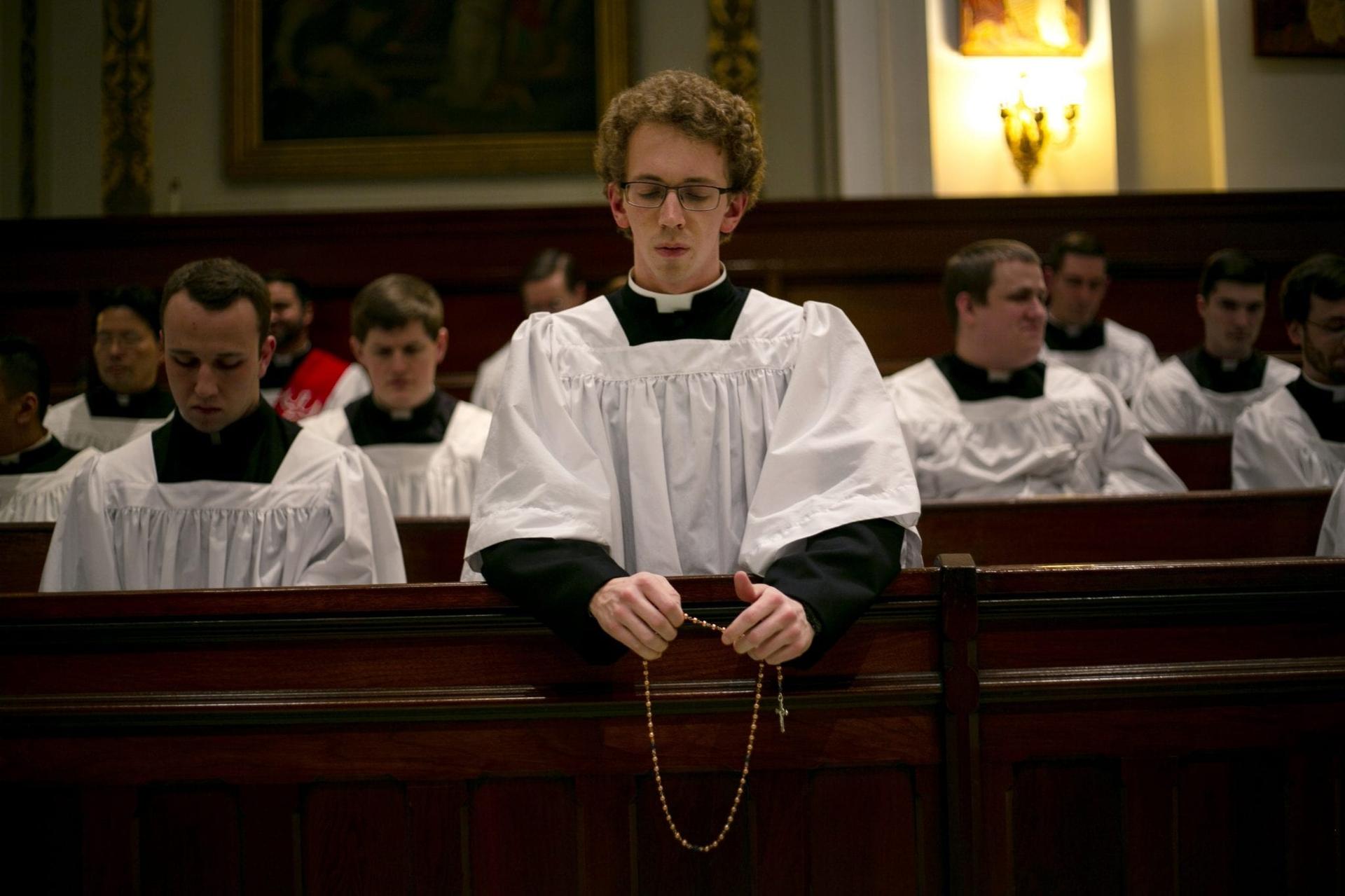The current state of affairs of our world is daunting. It’s overwhelming people and pushing spirits to imaginable limits. People are uncertain about what’s true, anxious about pandemics, peace, and politics, and restless about what the future will hold. In these trying times, many things are being eclipsed and forgotten, but the greatest casualty right now is hope.
Hope has become a rarity. It is a longed-for oasis in the midst of a desert of bewilderment, desolation, and confusion.
But what is hope?
As believers, we have a very different understanding of this powerful virtue. Perhaps it’s better to start with what hope is not. As Christians, we acknowledge that hope is not a trust in our own powers or abilities to change things or make them into what we want them to be. Such a view oftentimes leads us to failure or disappointment since our nature is fallen, our resources are limited, and our capabilities are finite.
As the Book of Psalms teaches us: “Unless the Lord builds the house, those who build it labor in vain. Unless the Lord guards the city, the guard keeps watch in vain.”
The bankruptcy of such a self-focused hope is epitomized in the Greek myth about Prometheus and Pandora’s Box. In the fable, Prometheus stole fire from the heavens and Zeus sought to punish him. He presented Pandora to Prometheus’ brother. While in his care, she opened a box that was given by the gods. As she opened the box, death, suffering, sickness, and all the evils of the world poured out and were unleashed upon the world. After such an onslaught, the only thing left in the box was “hope.”
In reading the myth today, Westerners – influenced by the Christian faith – perceive this as a moment of encouragement, but that’s not how the Greek mind saw it.
According to the myth, hope was the worst curse of all, which is why it sat below all other horrors. Hope was hubris, pride, and arrogance. It taught humanity that it had the sole power to change things, when in reality humanity held no such power by itself. Hope was a bloated sense of self, a universal deception that misled humanity at every step. Hope was a self-curse. It was the final touch of Zeus’ hatred for humanity.
And yet, this same sense of hope is perpetuated in our world today. We are falsely told that we have the strength and wherewithal to change the world by ourselves.
In contrast, the Christian tradition shows us a loving Father, whose permissive will allows for suffering and pandemics while also giving us a promise of redemption. This saving promise gives us hope, and it is a hope in God himself, who alone can change the world.
In looking at the sorrows and sufferings of the world, hope is the virtue that helps us to realize our limitations, restrictions, weaknesses, and brokenness. It shows us the marks and bruises of a fallen world and a sinful humanity. Hope calls us outside of ourselves and points us the Power and Wisdom of God.
Rather than setting us up for frustration and failure, hope compels us to look for God’s providence, implore the help of his grace, and pine for his workings in our world today. Hope edifies us, enlarges our efforts, and elevates our spirits.
Amidst the struggles and sorrows of our fallen world, hope breaks us free from the heaviness of this world and reorients us to yearn for a happiness with God. It points us to an eternity that heals our fallenness, redeems our suffering, allows us to be fully alive, and empowers us to yearn for a perpetual dwelling place with God.
Such a hope ennobles us and strengthens us to be instruments of peace, healing, and reconciliation in our world today. It empowers us for selfless service and gives us fortitude to suffer for the sake of righteousness.
In our state of affairs, we have to decide which hope we will choose. False hope only disappoints and perpetuates the downward spiral of our spirits. A holistic hope will not make things easier, but it will invigorate us and compel us to be something greater than the fallenness around us.
The choice is ours, and the peace of our world and the continuity of civilization as we know it, will rise or fall based on our decisions.
Follow Father Jeffrey Kirby on Twitter: @fatherkirby















